Muriëlle “Kipspul” Huisman left her mark on Dota 2 this year by helping Philippine pro squad TNC become the first team to make it out of the Southeast Asian regional qualifiers for The International 7.
After the Filipinos failed to win even a single game at the main event—despite an overall promising showing—she announced her departure from the team. She later added that TNC’s final moments at TI7, right before being eliminated by OG, made it clear that it was time to move on.
Regardless of TNC’s struggles at TI7, though, the amount of success she enjoyed with them is still noteworthy. She’s a young coach, and this was only the team’s second trip to the biggest international event in Dota 2.
She’s since moved to Russia to work as the new coach for Vega Squadron. In the announcement that followed her signing, she expressed a desire to get the team to TI8 next year.
Dot Esports talked to Kipspul about her approach for harnessing TNC’s strengths and shoring up their weaknesses. We also asked her how well her first few months as an analyst in general went, and her thoughts on the most effective ways to coach a Dota 2 team.
Before your time as TNC’s coach and analyst, you played a similar role in Fnatic. How was it working with a Southeast Asian team for the first time?
Kipspul: My first three months in esports—from the Manila Major to the end of TI6—were a roller coaster ride. There wasn’t any time for me to actually join Fnatic in Malaysia. We were always on the road: Manila, Frankfurt, LA, Seattle. So while I may have been with an SEA team, I never actually saw anything of SEA itself.
As for the culture of the team, I had to get used to them a little bit, but they were also definitely caught off guard by me. I went into the entire adventure with a true “let’s make the most out of it” attitude. So I worked my ass off, but I was also very unintimidated.
Since they were mostly a Malaysian-Chinese team, my businesslike attitude really fit in well. Sometimes I got some pretty blunt criticism, but I was ready for that. Plus, I had Eric “ReiNNN” Khor (the manager of Fnatic’s Dota 2 team) at my back to support me.
No pats on the back for doing well? Being there getting all my questions answered was all the encouragement I needed. Those three months were among the most intense months of my life, and certainly also among the most rewarding.
Although your stint with TNC wasn’t the first time for you in SEA, it was the first time for you in the Philippines in particular. What were some things you needed to adjust to upon arriving in the country?
Kuala Lumpur was already a big change from the Netherlands, but Manila was even more spectacularly alien to me. There are so many people. The traffic was always jammed, early morning until late at night. The food was completely unfamiliar—very flavorful, sometimes even too much so.
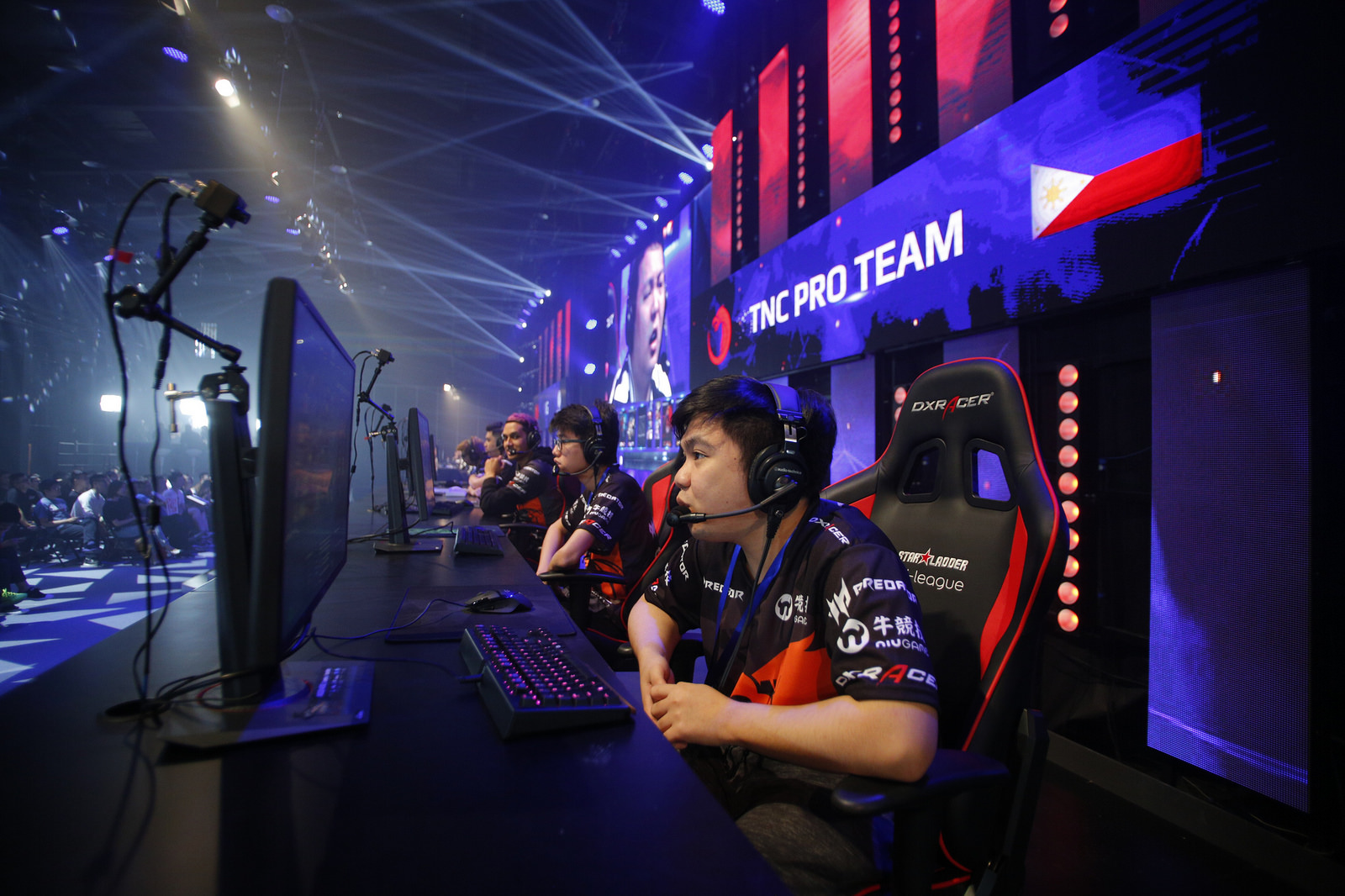
Rain always came paired with spectacular thunderstorms and flooding of the roads. We had a couple of earthquakes as well. It was all very overwhelming. And on top of that, the team was also very different. The loud yelling in the training room definitely took some getting used to.
TNC is known as the progenitor of the trademark aggressive Southeast Asian playstyle, but recently they’ve been playing with a more controlled and methodical approach to the game. Since the gradual change in their style was taking place while you were also on the team, could you tell us what started that change and how your coaching style/methods factored into it?
During the time before Kiev, it was about getting the most out of the team’s natural abilities in the short amount of time that was allowed to us. TNC has always been spectacularly good at fighting. Pickoffs, teamfights, one-on-one showdowns—those guys can make the most out of it.
But if you always fight and always show, you’re also predictable. You waste time looking for fights that the enemy won’t give to you. So by saying no to fights sometimes, the enemy will play just as defensively while you get more time to farm. Another part of what I did was in helping them look at the game from other angles, giving them more ways to evaluate a possible fight before taking it.
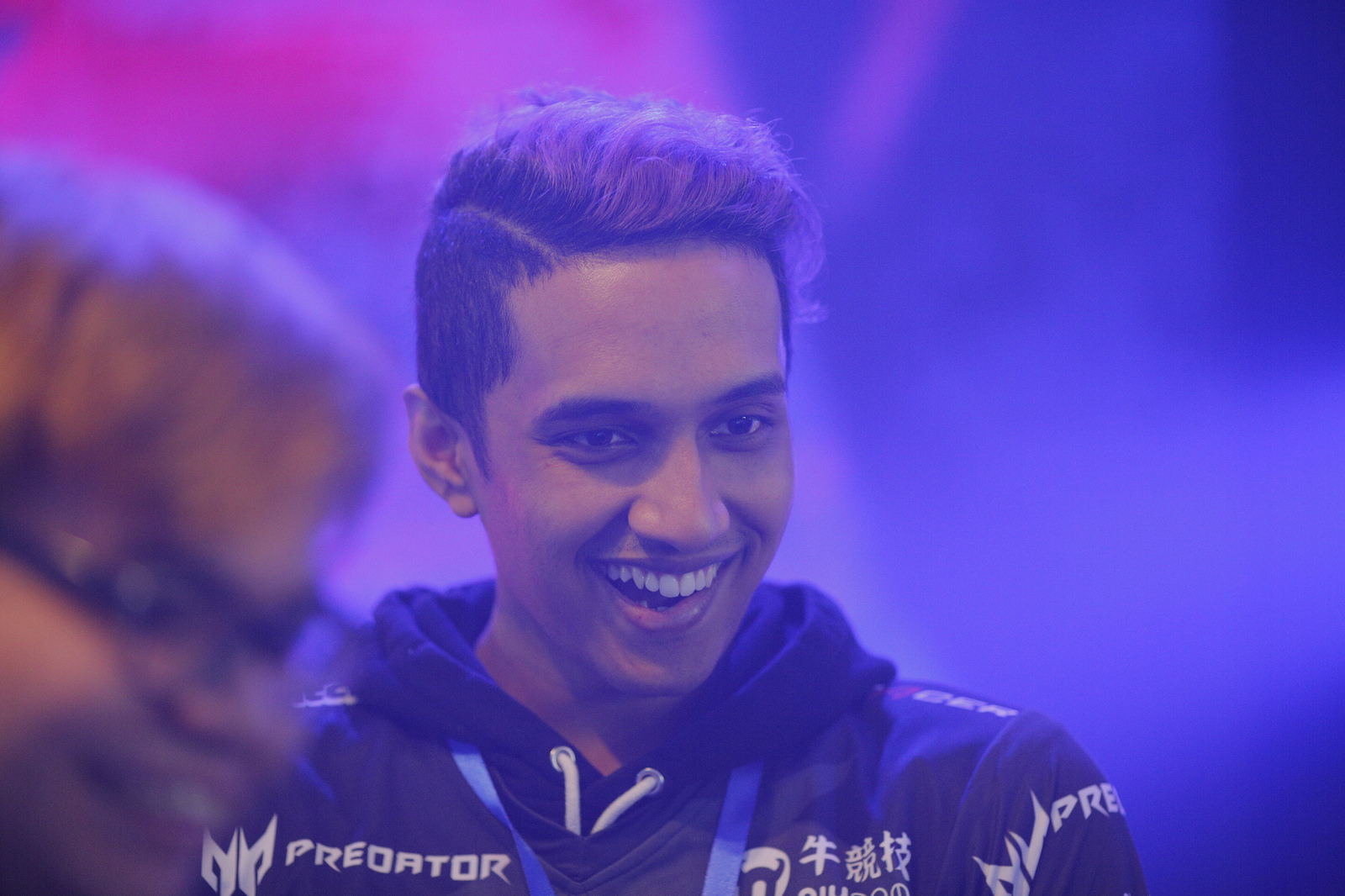
When Theeban joined the team, our options obviously expanded. He’s very experienced and he’s an expert at recognizing the things that the enemy team tries to do. It meant that “fight or don’t fight” wasn’t our only choice anymore. Going all-out was one of the tools in the box now, to be used when we needed it. So a lot of time was spent experimenting with other styles of play. More splitpush focused, more counterpick focused, and more about outfarming or outlasting the opponent.
In your exit blog entry, you described how 1437’s role overlapped with yours when he was brought into TNC earlier this year. Did you two try to reach a compromise somehow when it came to making decisions for the team?
We’ve had several very long talks about how to handle the situation, of course. I settled for sticking to the more analytical side of things partially because there simply wasn’t enough time. The International was looming large in my mind, and I did not want to risk upsetting the balance of the team when I could also just keep my head down and do my job.
I wasn’t exactly happy with it and that resulted in a personal performance that simply wasn’t up to scratch. I can—and will—do better next time.
Which style would you say tends to be more difficult to manage: Having one vocal leader or having the team take a more democratic approach? Would you say that certain personalities, placed together in a lineup, would flourish more under a “just follow me” type leader, or is this not really a thing? The community tends to separate captains into this dichotomy, so we wanted to get your take on it.
Community discussions are often unrealistically black-and-white. There’s a lack of information, and many participants are more interested in being right than in understanding. Team communication hierarchies take many more different shapes than just “pyramid of tyranny” and “circle of equality.” If there is one vocal in-game leader, you could conclude that he’s deciding the course but he might also simply be keeping the course. Someone can be a team’s heart while another one is its brain. Or maybe there are two brains. Or three hearts—or no heart at all.
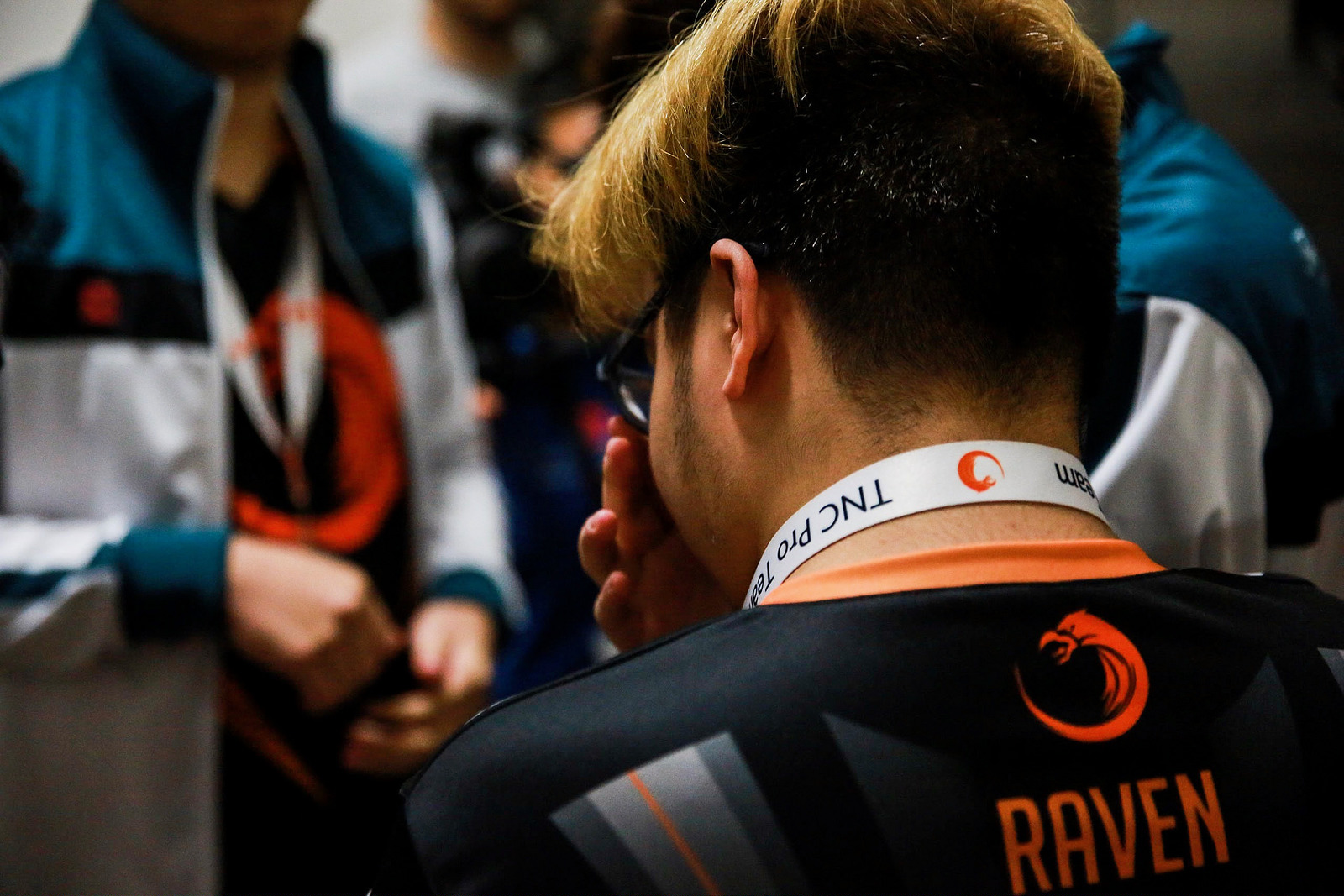
Different people are experts on different topics, and will (and should) speak up at different moments in the game. There are players who are sure they know what’s best for themselves when all they’re doing is dodging responsibility. Then there’s the opposite—players who bend over backwards for their teammates when a little more backbone would serve everyone much better. Some players might do well under powerful guidance and then never learn how to stand on their own feet.
This is not an exact science. A great deal of my job is about finding the way communication flows within the team and tweaking that system. If something is lacking, like patience, resolve, or faith, you can either shore it up from the outside through strong leadership or build it inside the players who need it. Often, though, it’s a bit of both.
Team chemistry is a concept that stems from traditional physical sports, and is also a factor in esports like Dota 2. As a coach, what would you say is the best way to maintain chemistry during the bad times?
Team chemistry is all about trust. As long as your players retain the mental strength to own up to their mistakes and forgive others for their failures, the potential for a breakthrough is there. Team staff can make a huge difference by providing opportunities to reset.
Players need to feel safe venting their emotions to the coach. Sometimes they need an afternoon off, a reminder to go to bed early, a couple of custom games, and other times it’s about trying, trying, and trying again until you get it right.
The right solution depends on the team and it often differs from player to player. Again, there’s no blanket solution, only the best move for that particular moment in time.



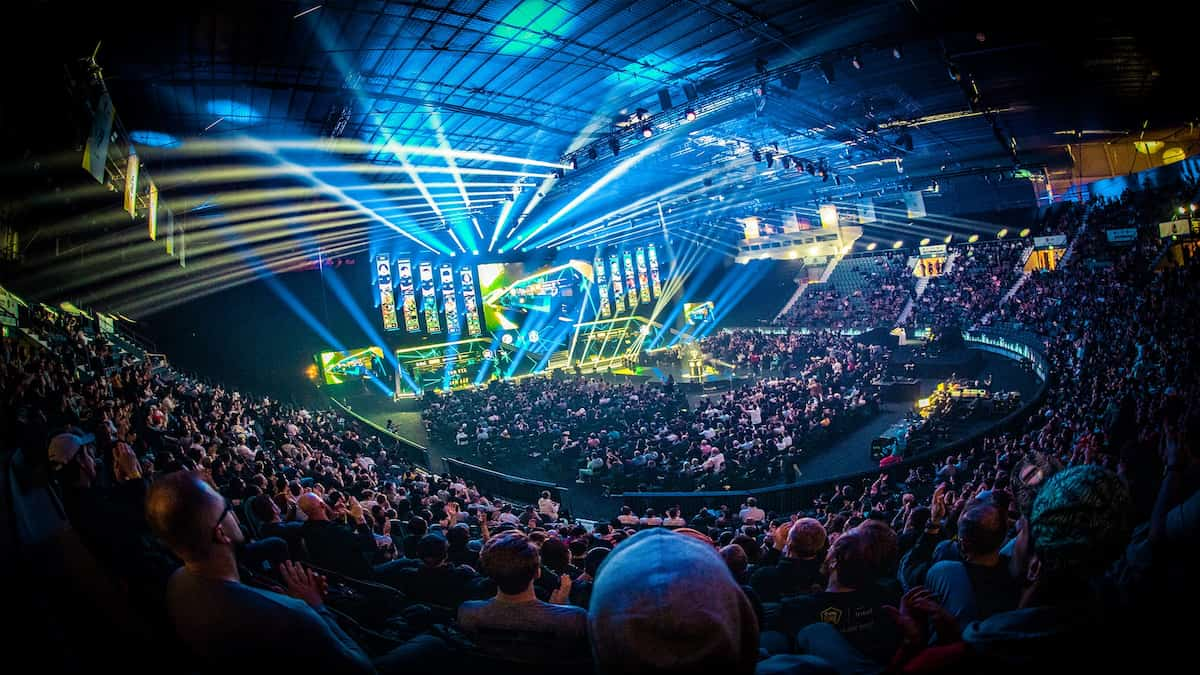
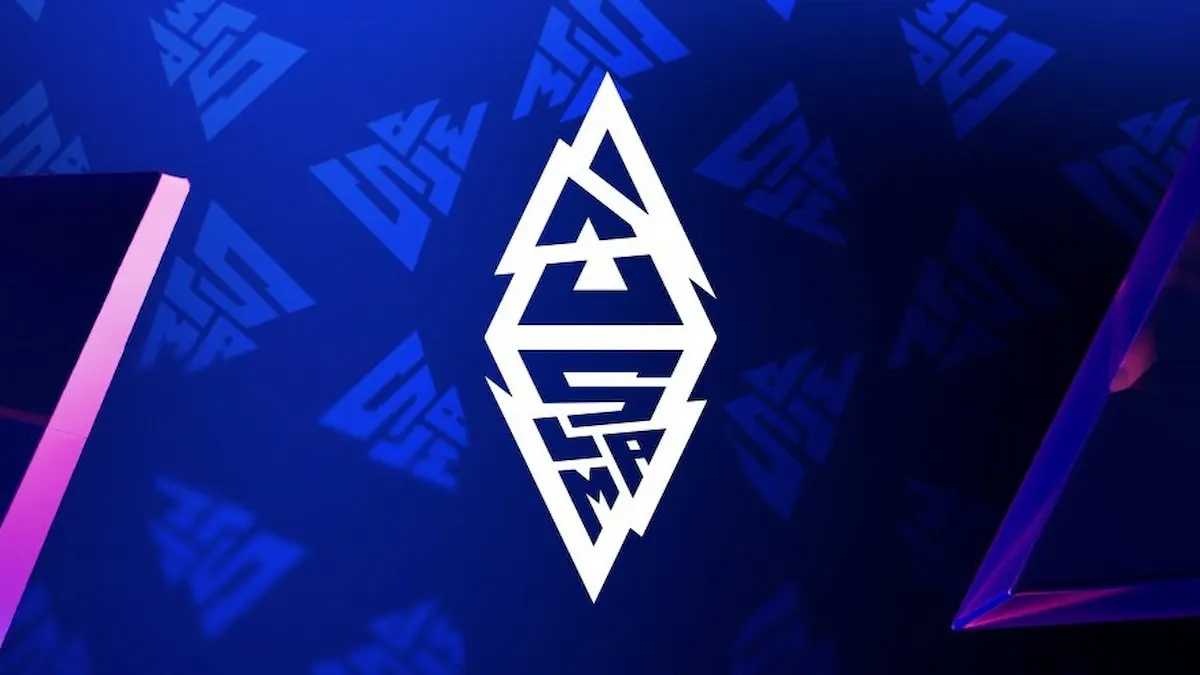
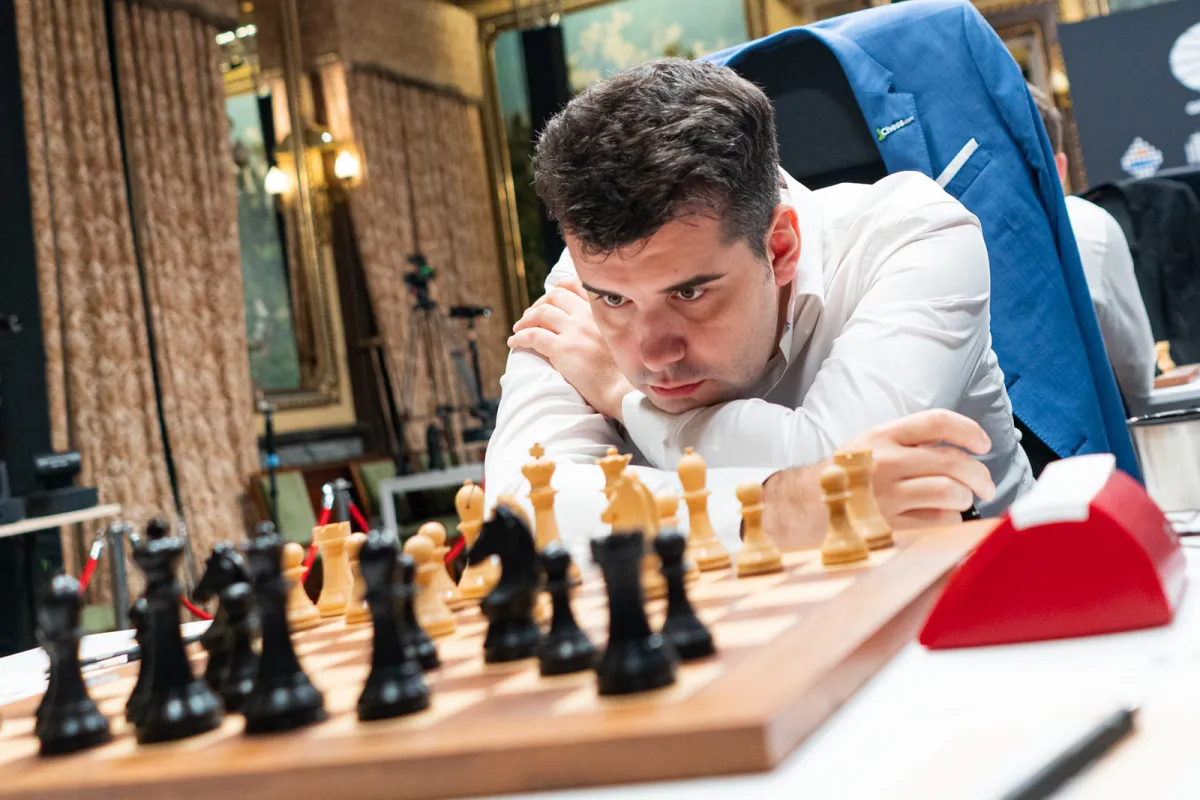
Published: Sep 17, 2017 07:54 am